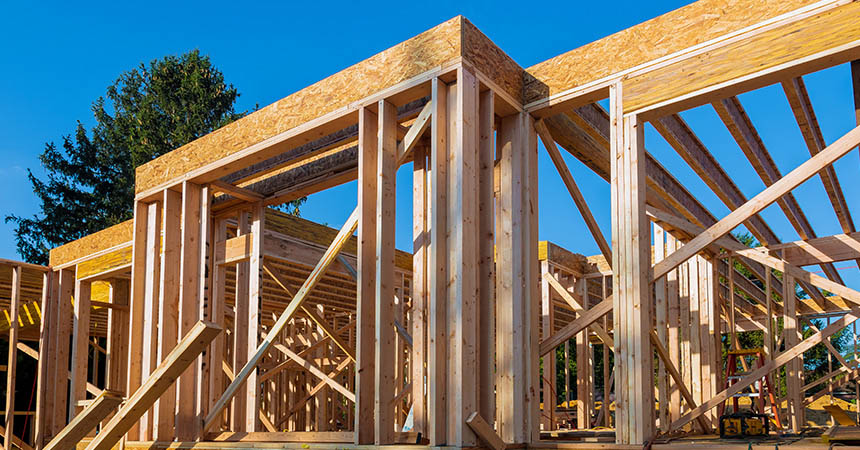
Residential energy code updates go into effect in 2024, with enforcement beginning soon. Here is a recap of major code changes and enforcement timelines.
2021 Residential Washington State Energy Code (WSEC-R)
The Washington State Building Code Council will begin enforcing the 2021 WSEC-R on March 15, 2024.
To meet code requirements, homes must achieve a minimum number of energy credits, based on home size. The table below shows credit requirements under the 2021 WSEC-R.
| Home square footage | Minimum code credits |
|---|---|
| < 1,500 | 5 |
| 1,500-5,000 | 8 |
| > 5,000 | 9 |
Homes that use heat pumps for primary space heating can receive up to three energy equalization credits, reducing the number of additional credits needed to meet code. Homes that use gas furnaces will need to select more measures from the energy credits table.
Given the stringency of the new 2021 WSEC-R, Energy Trust of Oregon will not offer new homes incentives for homes that permit to this code. Energy Trust plans to sunset new homes incentives in Washington later this year. For more information about the 2021 WSEC-R, visit the Washington State Building Code Council’s website.
2023 Oregon Residential Specialty Code (ORSC)
The Oregon Building Codes Division will begin enforcing the 2023 ORSC on April 1, 2024.
As mentioned in a previous INSIDER article on Oregon and Washington code updates, there are three major changes compared to the 2021 ORSC:
- Distribution ducts: Distribution ducts HVAC systems must be located inside the building’s thermal envelope. There is an exception for builders who choose to deeply bury distribution ducts in insulation. If builders claim this exception, they are required to implement two measures from the Additional Measures table.
- Air handler location: Air handlers must be located inside the building’s thermal envelope in all situations.
- Ductwork allowance: Ductwork outside allowance has been simplified to a maximum of 10 feet.
For more details about the 2023 ORSC, visit the Oregon Building Code Division’s website. If you have a question about how to interpret code requirements, be sure to check with your local jurisdiction.

